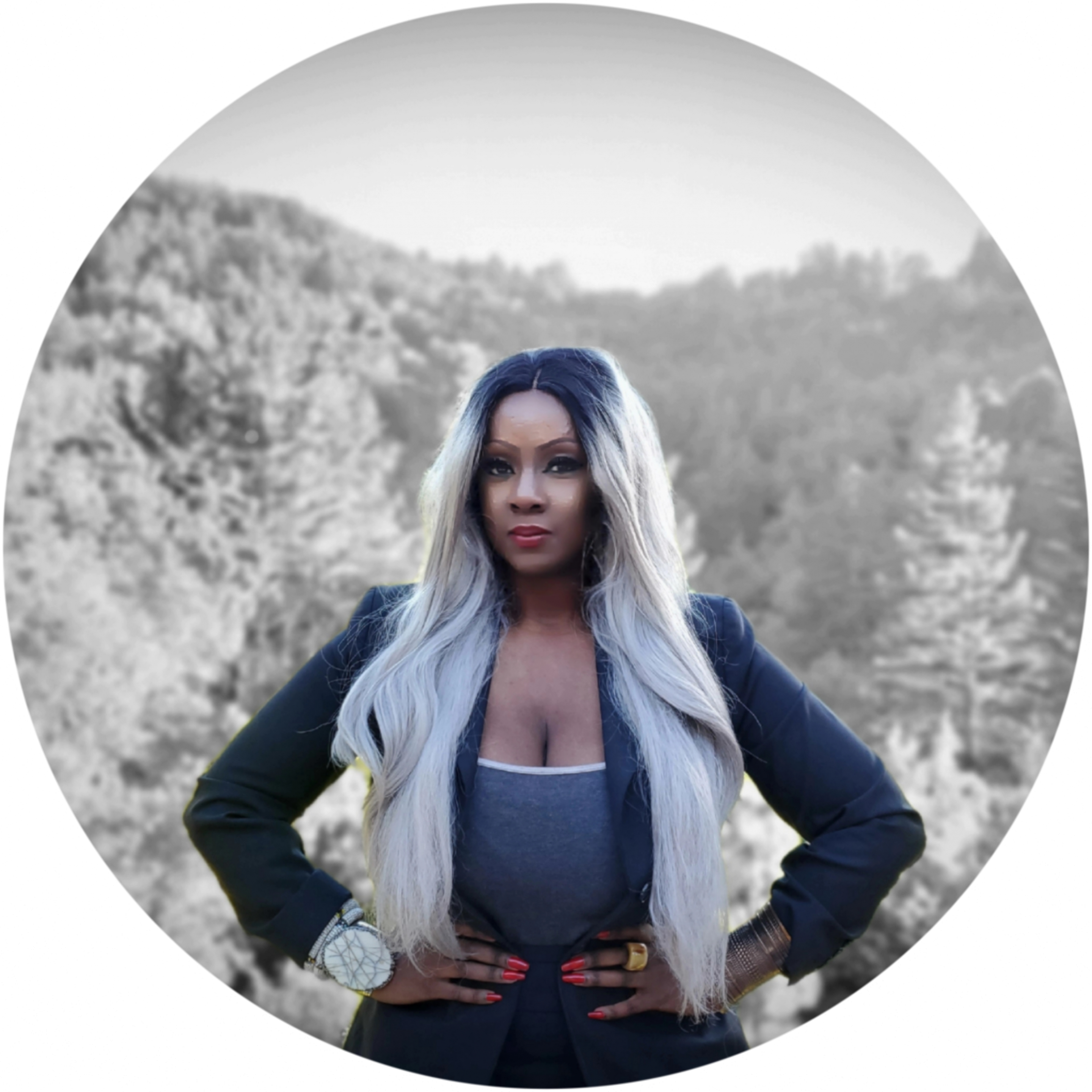speaker q&A: kiki mwiti, Founder & ceo, dyvvyd

”I know this may seem trite and oft-repeated, but I overcame and continue to overcome these barriers by emulating my mother – a successful African woman in her own right – embodying a rabid self-belief and ownership of the space that I occupy when I enter the room.
I take up my full space, I take up my ‘full’ness – of thought, personality, experience and culture and never shrink back regardless of who is sitting across from me.”
KIKI MWITI, FOUNDER & CEO, DYVVYD
1. The work that you do for underrepresented founders is amazing! What was your journey to this point like?
Thank you so much Women in IT – I’m grateful. My journey toward working with underrepresented founders was borne out of a fighting need to create the platform, resource and experience that I myself would have wanted when I first arrived in San Francisco 10 years ago. I was raising funding at the time, attempting to scale my global platform for international founders and discovered the fundraising experience to be incredibly opaque – from access to knowledge/expertise to help me navigate the ecosystem, to gaining access to the top tier investors I wanted to simply share my story with. Following those early years of pounding the pavement fruitlessly, I was led to slowly create the space I would have wanted when I first began – show underrepresented founders that there is another way to get their voices heard and their innovation a 2nd look.
2. In your opinion, what key actions need to take priority for improving diversity – of gender, race, age, sexuality etc – within the tech world?
Diversity in tech will come from the dedicated intentionality of those holding power – the stakeholders with access and their intentionality to open doors for those who can’t reach up high enough or go hard enough to power through barriers erected to keep them out. The structures shoring up funding in venture capital are hardly meritorious at the start. For those with an ‘in’, access is based on who you know, what pedigree you hold, what ivy-league schools you attended, what blue-chip firm you interned at and the elite network you graduate into following the barrier-less path you were carefully guided through.
Diversity in tech, specifically in funding, cannot and will not come from those on the sidelines, those with no family fortune, elite education, or powerful network – they have none of that. Therefore those who benefit from the structure and systems in place should be intentional on opening doors for those shut out. They have the reach; they have been granted access to the step-stool.
3. Did you face any of your own barriers in getting to the top? How did you overcome those?
I faced multiple barriers through my journey, typical of people of my heritage, and mostly superficial; my gender, appearance and skin-tone, hardly paying attention to the message I came to deliver. I am an East-African woman, born in Kenya, hold a solid opinion and have a Kenyan accent which I was not interested in changing for anyone in order to ‘assimilate’ to the culture. I am proud of my African heritage and proud of the innovation movement that has powered up Africa over the last 15-20 years and continues to sweep the continent.
Every week across San Francisco, I saw ideas with no product, traction or customers, roughshod thoughts scribbled on napkins by my male counterparts, receive millions in funding only to collapse into oblivion months later. On the other hand, I was coaching women and people of color armed with data, thousands of customers and millions of revenue through tons of pitch meetings only to hear them receive rejections that didn’t match their self-funded boot-strap success.
I know this may seem trite and oft-repeated, but I overcame and continue to overcome these barriers by emulating my mother – a successful African woman in her own right – embodying a rabid self-belief and ownership of the space that I occupy when I enter the room. I take up my full space, I take up my ‘full’ness – of thought, personality, experience and culture and never shrink back regardless of who is sitting across from me.
4. Do you have some words of wisdom for anyone wanting to learn more about starting a business, particularly in such a difficult time?
Network, network, network. I wouldn’t be where I am without the numerous networks I am active in. I got my start by joining networks on Facebook 8 years ago then as it launched, plunged into Slack. I looked up a variety of interests in the tech funding field, gained access to groups focused on these interests, and went to work every day. I recommend what worked for me: scroll the feed, ask questions, request private coaching sessions via DM, jump on opportunities to serve at events and volunteer your expertise – however minimal to others in need. Specifically in this difficult time, when everyone is seeking to shrink and cut back to conserve resources, energy, money and time, find a way that is true to yourself to do the opposite of what the world is doing now: offer value, offer BIG consistent value, serve, give, deposit as much goodwill into God or the bank of the ‘universe’, then do your work and learn.
5. And finally, what are you most excited about for the Women in IT Virtual Summit, Silicon Valley?
I am excited that this is an opportunity for C-Suite executives to learn more about the power they hold in the knowledge they have amassed in the corporate world. The knowledge that they can leverage cross-discipline, to a demographic that is seeking to learn from them especially within the racial and gender-charged climate we now find ourselves in. I am honored to be supporting the Summit in sharing its mission within the Silicon Valley ecosystem.

